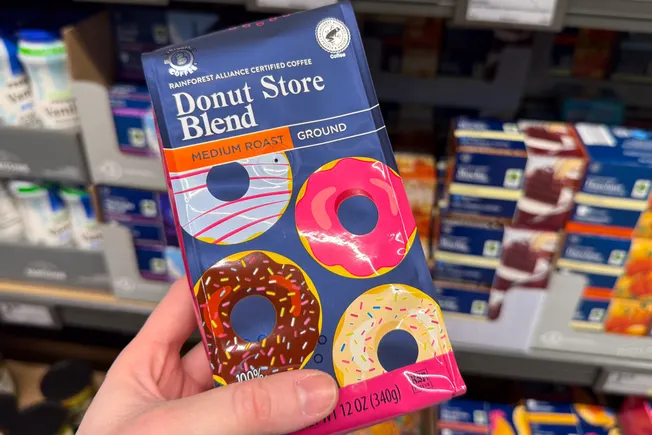Private brands continue to play a significant role for grocers, despite experiencing a shift in consumer perception, according to a recent study by Dunnhumby.
In April, the importance of private brand quality to consumers saw a slight increase compared to December, while the emphasis on price competitiveness and consumer affinity for private brands slightly decreased, as per Dunnhumby’s Consumer Trends Tracker released in late May.
The percentage of shoppers opting for private brands over name brands most of the time also dropped to 43% in April, marking the lowest level since fall 2022.
Erich Kahner, director of strategy and insights for Dunnhumby in the Americas, noted that the significance of private brands had peaked in 2023 but has since declined to a level still higher than pre-grocery inflation times.
This shift is attributed to consumers becoming less price-sensitive, according to Kahner.
Despite economic uncertainties, grocery spending has remained stable for consumers since early 2024, as per Dunnhumby’s findings.
While consumers may be deeming private brands less important currently, store brands are increasingly prominent in grocers’ offerings, with private brands showing faster growth than name brands.
Leveraging Private Brands for Growth
Retailers with a strong focus on private brands are better positioned for long-term sales growth, emotional connections with shoppers, and a higher share of the monthly grocery budget, according to Kahner.
Families with children tend to prioritize private brands more than those without kids, reflecting a growing perception of private brands’ quality.
Kahner highlighted the rising demand for quality private brands, exemplified by Walmart’s Bettergoods line and Target’s Good & Gather brand.
Investing in premium-tier private brands can cater to consumer preferences for unique flavors, noted Kahner.
While maintaining a clear positioning for each private brand line is essential, retailers should avoid shortcuts like inconsistent branding and excessive brand proliferation, advised Kahner.
Refreshing portfolios by streamlining or combining brands can enhance messaging and improve brand clarity for customers.
Private brands remain a key differentiator for grocers looking to enhance market share over time, offering a balance of cost savings and quality, according to Kahner.

